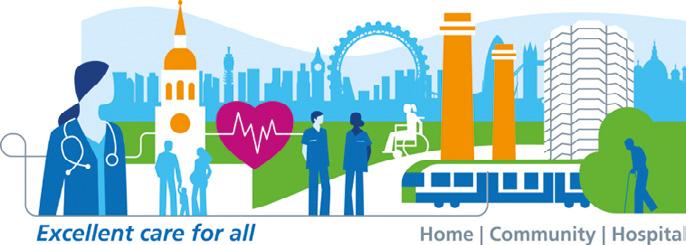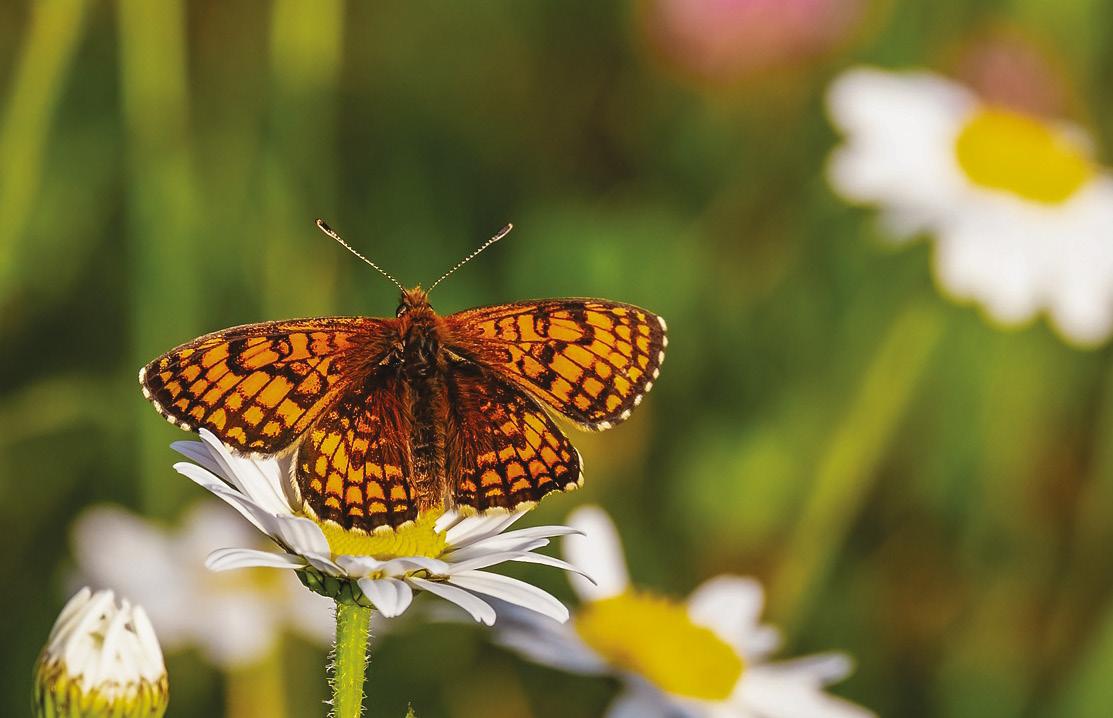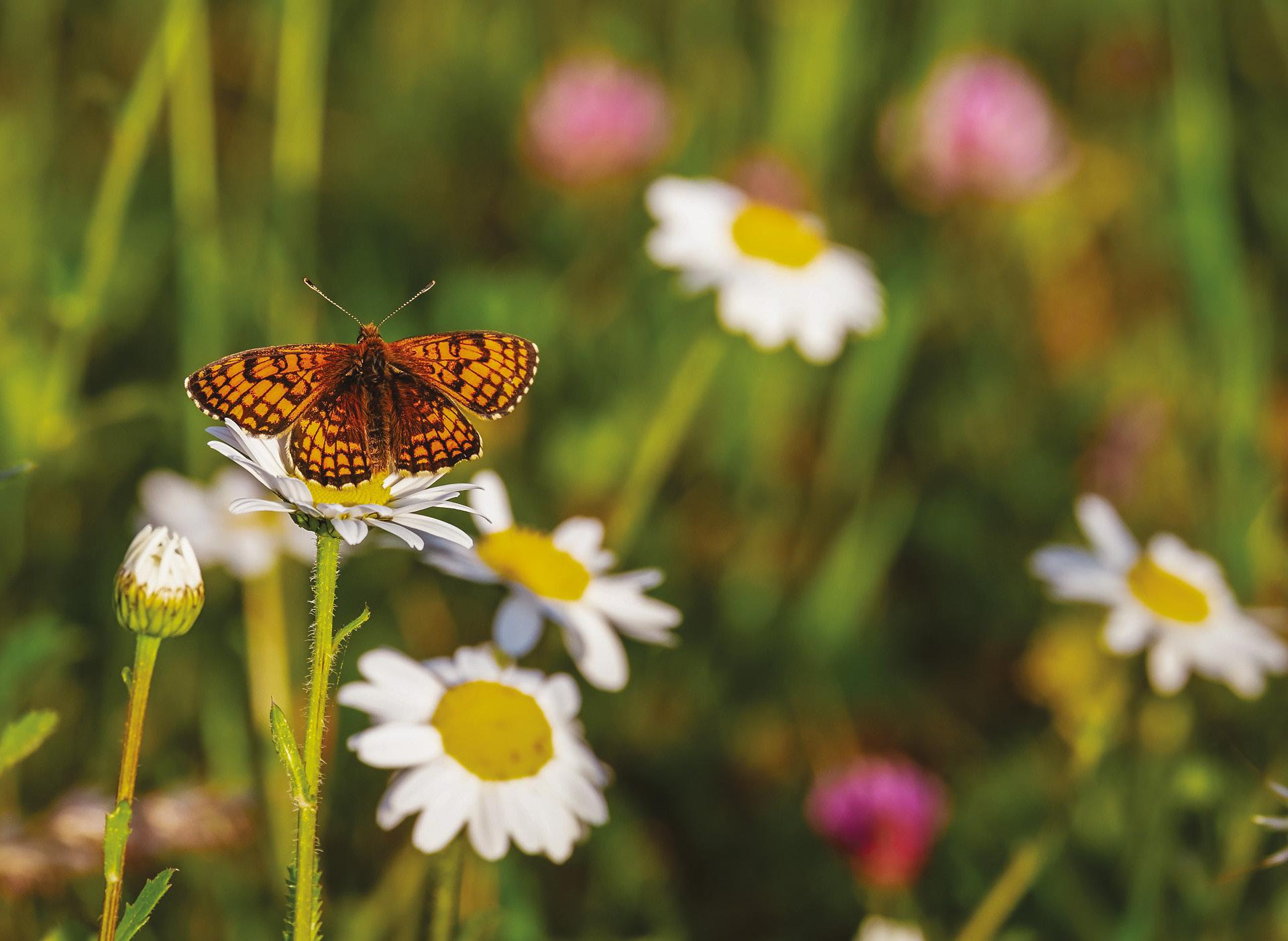A guide for parents following a baby loss







Croydon University Hospital 530 London Road
Croydon CR7 7YE
Direct Line Tel: 0208 401 3105
Dear Relatives,
On behalf of Croydon Health Services, we would like to offer our sincere condolences following the loss of your baby. We understand how distressing and upsetting this may be for you. However, we would like to assure you that our Chaplaincy & Spiritual Care Team and Bereavement Services will aim to provide all the help and support that you may need during this traumatic time.
Following your loss, there will be many arrangements to be made. It is very difficult to think about these at a time of loss. However, we have produced this guide to provide you with some help and guidance in the steps that you may need to take following this loss. We hope this will guide you through these arrangements.
In the event that you need any further assistance please do not hesitate in contacting either of the following who will provide further assistance:
Chaplaincy & Spiritual Care Team 0208 401 3105 email: ch-tr.chaplaincy@nhs.net
Bereavement Services 0208 401 3104 email: ch-tr.bereavement@nhs.net
We would like to reassure you of our commitment to the highest level of care to our patients and relatives.
Chief Executive

Matthew Kershaw Chair Yemisi Gibbons



On behalf of Croydon University Hospital NHS Trust, we would like to offer our sincere condolences to you and your family following the sad loss of your baby. When a baby is lost in pregnancy or after birth, there are decisions to be made about how you would like your baby laid to rest, and this will be explained to you on the following pages. Our aim is to support you throughout this difficult and sensitive time.

The Chaplaincy & Spiritual Care Team at the hospital can offer pastoral, spiritual and religious care to bereaved people of all beliefs. They have contacts with all faith groups and can usually contact an appropriate representative for you.
Chaplaincy & Spiritual Care may be able to provide confidential bereavement support for you following your loss. If you would like to see one of the hospital chaplains, please inform a member of the ward staff, or one of the staff in the Bereavement Office, who will contact the team and arrange a time for you to meet.
Alternatively you can also contact:
The Chaplaincy & Spiritual Care Office
Croydon University Hospital
London Road
Croydon CR7 7YE
Telephone: 020 8401 3105/ 4015
Mobile: 07557 014739
Our Chaplaincy & Spiritual Care office is staffed from 9am to 5pm Monday to Friday (excluding bank holidays).
If you have an emergency out of these hours, our telephone operators will contact the on-call Chaplain and ensure that they contact you immediately.
We would like to extend our sincere condolences to you and your family on the loss of your baby. We understand the great sadness that accompanies such a death, and hope that raising the subject of a post-mortem examination will not add to your distress. The following notes have been written with the aim of providing you with some basic information about post-mortem examinations. Your baby will not be examined in any way without your consent.
A post-mortem is an important medical examination which aims to establish the cause of the loss of your baby. The examination of your baby and the detailed information obtained may help you and the staff involved in your care to learn more about why your baby died. The post-mortem may not reveal the exact cause of your baby’s death, but it may discover something which could tell you if any future pregnancies could be affected by a similar problem. Even if a clear reason is not established to explain why your baby has died, the detailed examination may rule out certain causes of death, which many parents find reassuring. This may be helpful, in time, with coming to terms with your sad loss.
If a post-mortem is taking place, your baby will be respectfully transported by the hospital Mortuary, or contracted Funeral Directors, to St George’s Hospital NHS Trust who will perform the post-mortem before being brought back to Croydon University Hospital.
At St George’s Hospital, all baby post-mortems are performed by Paediatric Pathologists who are expertly trained medical doctors in this specialty. Occasionally, a Pathologist at St George’s might feel the need for a further specialist opinion from Pathologists in other hospitals.
The post-mortem will take place as soon as it is practically possible, usually within a few days. If, for religious reasons a post-mortem is needed as soon as possible, please inform your Midwife/Doctor so that we can see if this may be possible to arrange.

A full post-mortem includes a careful external and internal examination of your baby’s body, including x-rays and medical photographs. The Pathologist, working to standards set by the Royal College of Pathologists, will remove and examine all of the major internal organs and will take small samples of tissue and fluid (such as blood) for later laboratory examination including inspection under a microscope. The organs are then returned to the body, although they cannot be returned exactly to their original positions. Your baby’s body is then carefully repaired in the same way as after an operation. The placenta will also be examined.
The post-mortem can be limited. However, this may not provide all the possible information about a disease or cause of death. This includes a careful external examination of the outside of your baby’s body including x-rays and medical photographs. At your request, a further examination of the specific internal organ(s) that you have agreed to will also take place and small samples of tissue will be taken from these organs and examined under the microscope. Further tests may be taken for infections and the placenta will also be examined.
An external post-mortem includes a careful external examination of your baby’s body, including x-rays and medical photographs. However, this may not provide new information. The placenta will also be examined.
After signing the consent form, you have the right to change your mind within 48 hours. Please contact the Bereavement Midwife or Mortuary to inform them of your change of wishes. Out of hours, please contact the on-call Mortuary Staff at Croydon University Hospital via the switchboard.
Once the post-mortem is complete, your baby will be returned to the Mortuary at Croydon University Hospital NHS Trust. If any organs or tissues are retained for further examination, then they can usually be returned to the body before the burial or cremation. Please note that this can take up to 6 weeks, so the funeral would have to be delayed. Alternatively, if you wish for the blocks and slides back, they can be given to you or the funeral director at a later date. If you do not wish for these to be returned, they will be sensitively disposed of by the hospital.
The results of the post-mortem will usually be available within approximately 12 weeks from the date that the post-mortem was carried out at St George’s Hospital. You will receive an appointment to meet with your Obstetric Consultant to discuss the results when they are available. A copy of your report will be available for you to keep if you wish.
You may feel that you require further, more detailed information regarding a post-mortem in order to make your decision. The Stillbirth and Neonatal Death Society (SANDS) provides information that may help you to decide on what you would like to happen. Please ask the Midwife for more information.
Our Chaplaincy & Spiritual Care Team will support you in choosing the right option for your baby’s funeral.
The hospital Chaplains will be contacted by your case midwife. They will then arrange for an appropriate faith leader to come to labour ward.
The delivery midwife will issue a stillbirth certificate to the Bereavement office and give you a copy.
The stillbirth certificate will then be sent to Croydon Registry Office by the bereavement officer.
The registry office will then contact you directly and arrange for a date and time to come and register the death. For parents who are not married, both would need to be in attendance for the appointment.
The Registrars, after registering the death, will provide a ‘White Form’ for you to pass to the bereavement office or a funeral director (if an independent funeral is conducted).
If the funeral is independent of the hospital, your funeral director will need to go to bereavement office with the white form to obtain a release note before collecting from the mortuary.
First and foremost, this was your baby, and you have the right to make arrangements for the funeral yourself. Arranging your baby’s funeral yourself can be empowering and healing; and you get the opportunity to do the final act for your baby the way you would like it to be done. By arranging the funeral privately, you can choose burial or cremation with an undertaker of your choice and at a cemetery or crematorium that is convenient for you. You can also provide your own minister. You will need to begin by contacting a funeral director of your own choice. This may seem daunting but the Hospital Chaplain will be happy to offer help and advice.
It will be important to check with your chosen funeral director if they will charge you for arranging and conducting the funeral. Depending upon your requirements the Children’s Funeral Fund will only cover some aspects of costs for the funeral if the loss was for a pregnancy over 24 weeks gestation.
If you feel you cannot make funeral arrangements yourself, our Chaplains will work with you and arrange a service that meets your requirements. This will include seeking the type of service whether is this spiritual, religious or humanist. If religious the faith belief that you wish the service to be conducted under along with an appropriate faith leader. Songs or hymns that you may wish to have for cremation services and any particular readings, poems or words of encouragement. Once the format is agreed, our chaplain will prepare for you service booklets which will reflect your wishes. A date will be booked for the service at a date that you and your family and friends can attend. Our applicable chaplain will meet you at the location of the funeral and provide care to you and conduct the service using our hospital Funeral Directors. The locations of the funeral that we arrange are held at Croydon Crematorium (for Cremations) Queens Road Cemetery or Mitcham Road Cemetery (if the Child Funeral Fund are financing the burial).
If you feel that you don’t want to attend the funeral service we can include your baby in our monthly collective service*. The occasion is attended only by the Chaplain and is held on the afternoon of the last Tuesday of each month (a service is not held in December) at Croydon Crematorium. Although parents do not attend this service, you may wish to be informed of the date and time; if this is the case then the Chaplain will notify you of this. The service is a very simple religious service. All of the ashes are scattered in the Children’s Garden of Remembrance in the crematorium gardens. If you have any further questions or concerns that you feel that the Chaplaincy & Spiritual Care Team may be able to assist with, please do not hesitate to contact them.
*Please note that this option is only available to babies born before 24 weeks’ gestation showing no signs of life.
Please take time to reach your decision. If you are unable to, or not ready to make a decision at this time, please inform your Midwife. A member of the Chaplaincy & Spiritual Care Team will contact you within the next couple of weeks to discuss your choices. Alternatively, one of our Chaplains will come and visit you on the Ward. If you would like a Chaplain to visit you please ask one of the nurses or midwives to contact the Chaplaincy & Spiritual Care Team.
In time to come, most parents find keepsakes and memories of time spent with their baby to be of great comfort. It is not uncommon to feel you want to rush away from the situation, but on page 10 are a few suggestions you might like to consider. Wherever possible, all parents should be given the opportunity to create memories, and individual needs and wishes respected.
Most parents find it comforting to see and hold their baby. This may be the first time you have had to deal with a loss and it is natural to feel apprehensive about cuddling your baby. If you don’t feel able, the Midwives or Nurses will be happy to hold your baby for you to see. Take your time and remember you can change your mind. Even once you have gone home, you can ring the Hospital Chaplain on 020 8401 3105 and ask to come back and see your baby in the Mortuary Chapel.
If you would like to, you may be able to wash and dress your baby, perhaps in some clothes or a blanket you have specially chosen, or you can ask the Midwives or Nurses to do this for you.
The Midwives or Nurses can take photographs of your baby so that you can include them in your Memory Box. Feel free to ask a Midwife or Nurse to take a photograph of you with your baby. If you would like to, you can also take your own photographs.
It may be possible to have a lock of your baby’s hair, and a foot and hand print. You may also like to keep your baby’s cot tag and wrist band. The Midwives or Nurses will be pleased to advise and help you in any way they can.
Although your baby has died, it is possible for the Hospital Chaplain or the Minister of Religion of your choice to name and bless your baby. This would usually take place at your bedside and you will be given a Certificate of Blessing.
Our Chaplaincy & Spiritual Care Team can help you with the pain of loss and support you from a pastoral, spiritual or religious perspective. We have Bereavement Support Workers that can provide support to families who have suffered a pregnancy loss or bereavement. If you would like help please contact our Chaplaincy & Spiritual Care Team. Other ways that we can assist you may be:
We have in our worship centre a butterfly tree and offer all parents the opportunity to hang a butterfly with your baby’s name on it. The butterfly is seen as a sign of new life as this transforms from a chrysalis. If you would like to hang a butterfly on the tree or you would like one of our chaplains to hang one please contact our chaplaincy team who can help you arrange this.
We hold in October our annual butterfly service which lots of families come to and we celebrate the life of the babies that have been lost. This is a special service of celebration which provides parents that have suffered a loss to have an opportunity to remember them and talk with many other families that have also been through a similar loss.
If you would like to be invited to this please contact our Chaplaincy & Spiritual Care Team who will ensure that you are included on the list for an invitation.
In our worship centre we have a book of remembrance where we include babies names on the date that they passed or were born. If you would like your baby’s name included please contact the Chaplaincy & Spiritual Care Team.
Crocus Garden of Remembrance.
We are very proud that the Bishop of Croydon and the Civic Mayor of Croydon opened our new Crocus Garden in 2022. This is our spiritual Garden of Remembrance where we offer parents the opportunity to book an appointment to plant a crocus bulb in remembrance of the little one that is no longer with us. We have chosen the crocus bulb as Croydon got its name from growing crocuses in the Chrome fields and also because it is seen as a sign of new life.
If you would like to plant a crocus bulb please contact our Chaplaincy & Spiritual Care Team who will be very helpful in arranging this.
We do ask that if you can give a small donation towards purchasing new bulbs this will be very much appreciated.
Contact for the Chaplaincy & Spiritual Care Team is ch-tr.chaplaincy@nhs.net or call on 0208 401 3105

Bereavement is a shattering experience. You may experience feelings of loss and grief that seem overwhelming. The loss of your baby can affect you in several ways, emotionally, physically, socially and in many practical areas of your life.
Your bereavement may feel like the greatest challenge you have ever faced and, at times, especially in the early days, it may seem impossible to carry on. You will find ways of moving forward and of gradually coming to terms with what has happened.
Try to be gentle with yourself. Grief is messy, it is exhausting, it seems as if it is going to stay forever, but within yourself you will find the resources you need to journey on and to heal. In time your memories, although they may cause pain now, will bring pleasure and new hope.
It can be helpful in the grieving process to express our pain. You may find that you need to talk about the events leading up to the loss of your baby. This is quite natural and is one of the ways in which we gradually make sense of what has happened. It may be helpful to talk to family and friends, but our Chaplaincy & Spiritual Care Team will also be there to support you, and can provide bereavement support.
Grief can be an incredibly lonely and isolating experience. Being with others, friends or a support group, who have also experienced loss can be a great help.
You may find that you are not functioning as effectively as usual for a period, and that your concentration and memory may be affected. It can be difficult to feel in control of your grief so it might be necessary to manage your expectations of yourself, and not to set unrealistic tasks. You might find that it is helpful to add some structure to your days and plan, for example, some gentle exercise, which can be an important means of relieving stress. It is important to remember that allowing yourself a break or a distraction from the pain, and enjoying, for example, a film or a visit from a friend does not mean in any way that you have forgotten your loved one.
When you feel ready to return to work, it might be necessary to consider some adjustments to make the transition more manageable. You may find it comforting to have a colleague accompany you into work on the first day. If possible, it might be advisable to return to work gradually, doing shorter days or work for fewer days per week. While at work, try to build times into your day in which you can allow yourself a break. It is entirely normal to not want to discuss your experience at work, but remember, you can change your mind once you have been back for a while.
All experiences of grief are unique, and it is important to remember that the process will vary both in duration and intensity and that there are no rules. It is important to show yourself kindness and try to find a means of coping that works for you, though this may well change too as time passes. Eventually, as the healing process continues, you will feel more in control and better able to manage.


Bereavement Midwife
0208 4013000 ext. 5943 07920751863
ch-tr.pregnancyloss@nhs.net
(Available Monday to Friday 8am - 4pm)
Chaplaincy and Spiritual Care Team
0208 401 3105
Mobiles:
07557 014739 / 07557 014860 / 07825 125721
(Chaplaincy can also be contacted directly through the switchboard 0208 4013000 who will contact the Chaplaincy Team directly).
Mortuary
0208 4013000 ext. 4712
If you need help about the baby concerning the Mortuary, they can be contacted Monday to Friday (excluding Bank/Public Holidays). 9am - 3.30pm
In an emergency out of hours, they can be contact via switchboard.
Bereavement Office Located by Woodcroft Wing Entrance, Ground Floor Yellow Zone 0208 401 3104 / 3143
Open Monday to Friday 8am - 4pm
Croydon University Hospital NHS Trust Maternity Services
Contact Details (24hours):
Triage 020 8401 3853
Labour Ward 020 8401 3179/3180
Antenatal Results & Choices (ARC)
Helpline: 0207 713 7486
Mon-Fri 10am - 5.30pm
www.arc-uk.org
Assist Trauma Care Helpline 07947 875 552
BLISS
020 7378 1122
www.bliss.org.uk
Carers UK Advice Line
0808 808 7777
Child Death Helpline
0800 282 986
Open: 10am - 1pm & 7pm - 10pm Monday-Friday
The Compassionate Friends
Helpline
0345 123 2304
Email: helpline@tcf.org.uk
Open: 10am - 4pm & 7pm - 10pm
ARC offers specialised support to parents before, during and after the prenatal testing process; when they are told their unborn baby has an anomaly; when they are making difficult decisions about continuing with or ending a pregnancy, and when they are coping with complex and painful issues after making a decision, including bereavement.
Support after a traumatic bereavement.
BLISS is the premature baby charity for support, advice and information for families of babies in intensive care and special care, including bereaved families.
For all those affected by the death of a child.
Support after the death of a child of any age.
CRUSE (Croydon branch)
020 8916 0855
Email: croydon@cruse.org.uk
Edward’s Trust 0121 454 1705
www.edwardstrust.org.uk
Hope Again Helpline
0808 808 1677
Email: hopeagain@cruse.org.uk
Open: 9.30am - 5pm
Monday-Friday
Jewish Bereavement
Counselling Service
0208 951 3881
Email: enquiries@jbcs.org.uk
www.jbcs.org.uk
The Lullaby Trust
0808 802 6868
Email: support@lullabytrust.org.uk
Open:
10am - 2pm Monday-Friday
6pm - 10pm Saturday & Sunday
The Miscarriage Association
Helpline: 01924 200 799
Mon, Tue, Thu 9am - 4pm & Wed, Fri 9am - 8pm
www.miscarriageassociation.org.uk
Muslim Bereavement Support
020 3468 7333
Email: info@mbss.org.uk
The national bereavement organisation.
Edward’s Trust Sunrise Supports children and families through serious illness and bereavement.
Support for young people after loss.
A dedicated Jewish bereavement counselling service for adults and children.
Support for families who have lost a baby or toddler.
Support for parents following miscarriage up to 24 weeks of pregnancy.
The Samaritans Helpline 116 123
Email: jo@samaritans.org
Open 24/7 throughout the year.
Croydon Samaritans 0330 094 5717
2b Kidderminster Rd, Croydon CR9 2BQ
Drop in available from 7.30am - 9.00pm except Sundays
Stillbirth & Neonatal Death Society (SANDS) 0808 164 3332
Email: helpline@sands.org.uk
Open: 9.30am - 5.30pm Monday-Friday and 6pm - 8pm Tuesday & Thursday
Sudden Death Support Association www.sudden.org
Support for People with Learning Disabilities www.dyingmatters.org
Surrey SANDS 07817 410075
Email: surrey.sands@btinternet.com
A confidential emotional support service available to anyone in a crisis.
Sudden is a global charitable initiative by Brake, the road safety charity, sharing best practice, research and resources among professionals and carers who work with suddenly bereaved people.
Dying Matters website has some useful resources to help support people with learning difficulties.
Switchboard 0800 0119 100
The Natural Death Centre
Email: contact@naturaldeath.org.uk www.naturaldeath.org.uk
Switchboard offers a telephone support and advice service for lesbians and gay men bereaved by the death of a partner, or otherwise affected by bereavement. The helpline is run by trained volunteers.
There is also a bereavement support group providing a safe space for LGBT people who have lost their partners.
The Natural Death Centre has been established for 21 years and is a social, entrepreneurial, educational charity that gives free, impartial advice on all aspects of dying, bereavement, planning a family led or do it yourself funeral and consumer rights. Read ‘The Natural Death Handbook.
‘Tommys’ The Baby Charity
Helpline: 0800 0147 800
Mon-Fri 9am - 5pm
www.tommys.org/baby-losssupport
Twins Trust
Helpline: 0800 138 0509
Monday - Friday between 10am - 1pm and 7pm - 10pm
www.twinstrust.org
Tommys can provide telephone and on-line support for all members of the family affected by the loss of a baby. There is a team of specialist trained midwives who are experienced in bereavement.
Twins Trust have a bereavement support group for those affected by the loss of one or more babies of multiple pregnancies.

Child Bereavement UK
0800 02 888 40
Email: helpline@childbereavementuk.org www.childbereavementuk.org
The Child Death Helpline Tel: 0800 282 986 www.childdeathhelpline.org.uk
Monday to Friday 10am - 1pm
Monday to Sunday 7pm - 10pm
The Compassionate Friends (TCF)
0345 123 2304
Email: helpline@tcf.org.uk www.tcf.org.uk
Available from 10am - 4pm and 7pm - 10pm. The line is always answered by a bereaved parent.
Cruse Bereavement Care –Hope Again
0808 808 1677
Email: hopeagain@cruse.org.uk www.hopeagain.org.uk
Child Bereavement UK is a national organisation that supports families when a baby or child of any age dies or is dying, or when a child is facing bereavement.
Freephone confidential Helpline open every day of the year for anyone affected by the death of a child.
TCF is a charitable organisation of bereaved parents, siblings and grandparents dedicated to the support and care of those who have suffered the death of a child/children.
Hope Again is a website developed by Cruse Bereavement Care’s Youth Involvement Project which aims to support young people after the death of someone close to them.
CRY (Cardiac Risk in the Young)
01737 363222
Email: cry@c-r-y.org.uk
Grief Encounter Project
0808 802 0111
www.griefencounter.org.uk
Monday to Friday 9.30am – 3pm
Winston’s Wish
08088 020 021
Email: ask@winstonswish.org.uk www.winstonswish.org.uk
Monday to Friday 8am – 8pm
Options Charity 020 8540 7675 www.optionslondon.org
Offers support and information to bereaved children and families.
Charity offering practical support and guidance to bereaved children, their families and professionals.
Providing care to those suffering from a miscarriage.
Reference: Croydon Hospital Parental Guide Bereavement Booklet
Publication date: February 2025
Review date: February 2027